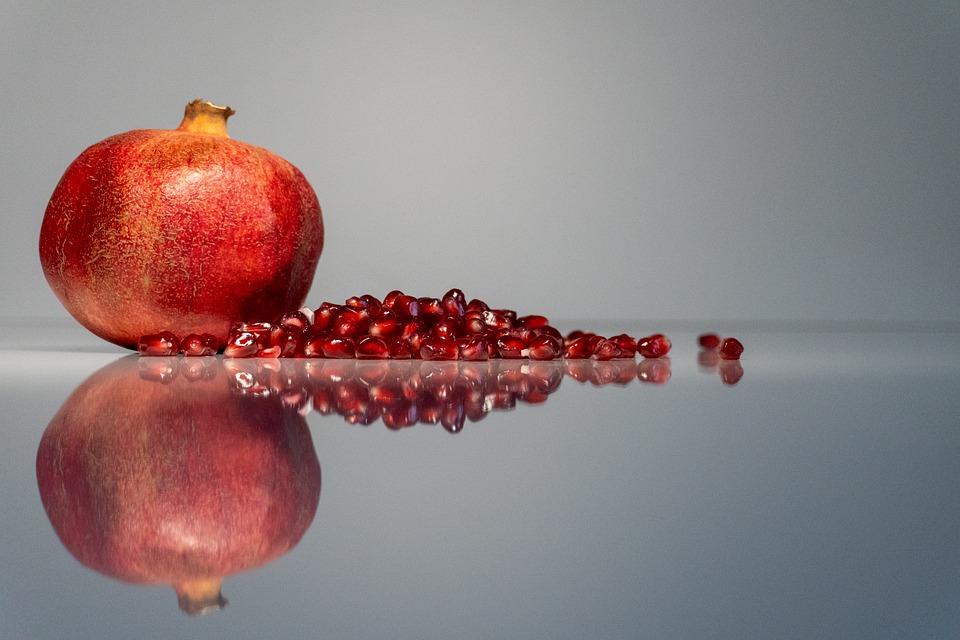Amino Acids for Vegans and Vegetarians: How to Get the Amino Acids You Need
As a vegan or vegetarian, it’s essential to ensure that you’re getting all the necessary nutrients, including amino acids, to maintain optimal health. Amino acids are the building blocks of proteins, and they play a crucial role in various bodily functions, such as muscle growth and repair, hormone production, and immune function. While it’s possible to get all the essential amino acids from plant-based sources, it requires a well-planned diet. In this article, we’ll explore the importance of amino acids for vegans and vegetarians, and provide tips on how to get the amino acids you need.
Why Amino Acids are Important for Vegans and Vegetarians
Amino acids are essential for maintaining overall health, and vegans and vegetarians are at a higher risk of amino acid deficiency due to the limited availability of complete protein sources in plant-based diets. Amino acid deficiency can lead to a range of health problems, including:
- Muscle wasting and weakness
- Fatigue and lethargy
- Poor wound healing
- Impaired immune function
- Hair loss and brittle nails
How to Get the Amino Acids You Need
While it’s possible to get all the essential amino acids from plant-based sources, it requires a well-planned diet that includes a variety of protein-rich foods. Here are some tips on how to get the amino acids you need:
- Eat a variety of protein-rich foods: Include a variety of protein-rich foods in your diet, such as legumes (lentils, chickpeas, black beans), nuts and seeds (almonds, chia seeds, hemp seeds), whole grains (quinoa, brown rice, whole wheat), and soy products (tofu, tempeh, edamame).
- Combine plant-based protein sources: Combine different plant-based protein sources to ensure you’re getting all the essential amino acids. For example, pair whole grains with legumes, or nuts with seeds.
- Incorporate complete protein sources: Include complete protein sources, such as soy products, quinoa, and seitan, in your diet. These foods contain all the essential amino acids.
- Supplement with amino acid supplements: If you’re struggling to get enough amino acids from your diet, consider supplementing with amino acid supplements. However, always consult with a healthcare professional before starting any supplements.
- Eat frequently: Eat smaller, frequent meals throughout the day to ensure you’re getting a steady supply of amino acids.
Amino Acid-Rich Foods for Vegans and Vegetarians
Here are some amino acid-rich foods that vegans and vegetarians can include in their diet:
- Legumes (lentils, chickpeas, black beans)
- Nuts and seeds (almonds, chia seeds, hemp seeds)
- Whole grains (quinoa, brown rice, whole wheat)
- Soy products (tofu, tempeh, edamame)
- Seitan (wheat gluten)
- Spirulina (a type of algae)
- Chlorella (a type of algae)
Conclusion
Amino acids are essential for maintaining optimal health, and vegans and vegetarians are at a higher risk of amino acid deficiency due to the limited availability of complete protein sources in plant-based diets. By incorporating a variety of protein-rich foods, combining plant-based protein sources, and supplementing with amino acid supplements if necessary, vegans and vegetarians can ensure they’re getting the amino acids they need. Remember to always consult with a healthcare professional before starting any supplements, and to eat a balanced diet that includes a variety of whole foods.




GIPHY App Key not set. Please check settings